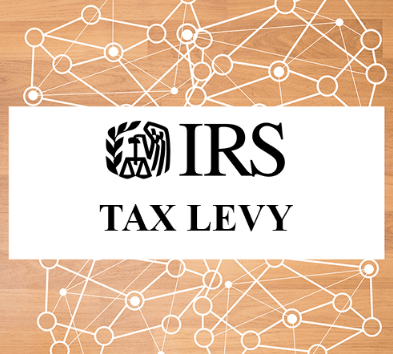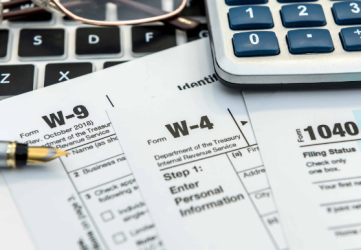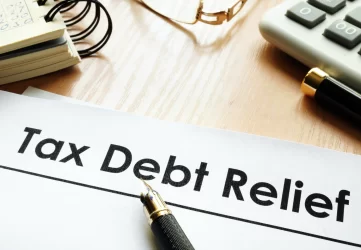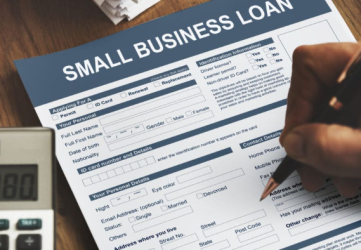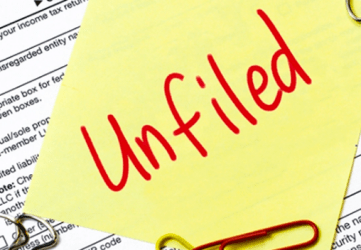Ever opened your mailbox to find an IRS levy notice? Talk about a heart-stopper. But don’t panic. There’s no need to freak out just yet. Let’s dive into what these notices really mean and how to tackle them head-on. This article is sponsored by the tax professionals at the Law Office of Jason Carr. Contact the Law Office of Jason Carr for expert assistance. Call us at 888-661-6583.
What’s an IRS Levy Notice Anyway?
Think of it as the IRS’s way of saying, “Hey, we need to talk about your taxes.” It’s not a friendly chat invitation, but it’s not the end of the world either. A levy notice means the IRS is planning to take action to collect unpaid taxes. They might grab your paycheck, drain your bank account, or even seize your property. Scary stuff, right? But knowledge is power, so let’s get you powered up.
Types of IRS Levy Notices
Not all levy notices are created equal. Here’s the rundown:
- CP504: The “We’re Serious” Notice
- LT11: The “Last Chance” Notice
- CP90: The “We’re About to Levy” Notice
Each one ramps up the urgency, but they all mean business.
What to Do When You Get a Notice
First things first: Don’t ignore it. That’s like pretending a charging bull isn’t there. Here’s your game plan:
- Read the notice carefully: What exactly does the IRS want?
- Check the math: The IRS can make mistakes too.
- Gather your docs: Proof is your best friend here.
- Reach out to the IRS: Yeah, it’s not fun, but it’s necessary.
- Consider getting help: A tax pro at the Law Office of Jason Carr can be your secret weapon.
Your Options: More Than You Think
You’re not stuck between a rock and the IRS. You’ve got moves:
- Pay in full: If you can.
- Set up a payment plan: Spread out the payments.
- Offer in compromise: Settle for less than you owe.
- Request a Collection Due Process hearing: Appeal the levy.
- Claim financial hardship: Prove paying would cause undue difficulty.
Each option has its pros and cons. Choose wisely.
FAQs: Because You’re Probably Wondering
Can the IRS really take my stuff?
Yep, but they’d rather work with you first.
How long do I have to respond?
Usually 30 days, but don’t wait that long.
What if I can’t pay at all?
Talk to them. Seriously, communication is key.
Will this affect my credit score?
It might, but handling it promptly can minimize the damage.
Real Talk: An IRS Tango
Imagine getting a CP504 notice. It feels like the floor drops out from under you. But take a deep breath, call the IRS, and work out a payment plan. It’s not fun, but it’s way better than losing your car or your sanity.
The Bottom Line
IRS levy notices are no joke, but they’re not a death sentence for your finances either. Stay calm, act fast, and remember: The IRS would rather get paid than punish you. Understanding these notices is your first step to financial freedom. So take that step. You’ve got this. This article is sponsored by the tax professionals at the Law Office of Jason Carr. Contact the Law Office of Jason Carr for expert assistance. Call us at 888-661-6583.

